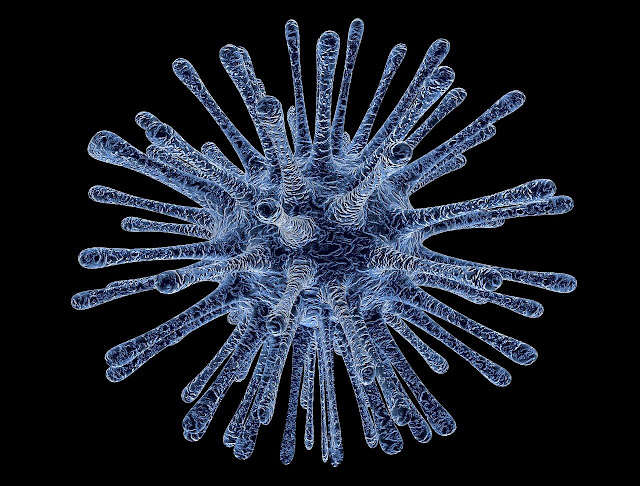Advances in HIV Cure Research: Crispr Gene-Editing Shows Promise in Eliminating Virus
Scientists have announced a significant breakthrough in the fight against HIV, using the Nobel Prize-winning Crispr gene-editing technology to eliminate the virus from infected cells. This groundbreaking approach, likened to molecular scissors, allows scientists to precisely cut out or deactivate problematic sections of DNA.
While current HIV medications can effectively suppress the virus, they cannot completely eradicate it from the body. The new method aims to achieve complete removal of the virus, offering hope for a potential cure. However, researchers caution that much more work is needed to ensure the safety and effectiveness of this approach.
Presenting their preliminary findings at a medical conference, the University of Amsterdam team described their work as a "proof of concept," emphasizing that it is not yet a cure for HIV. Dr. James Dixon from the University of Nottingham agrees, highlighting the need for further research to validate these early results in a real-world setting.
Other research groups are also exploring the use of Crispr to combat HIV, with Excision BioTherapeutics reporting promising results in three volunteers after 48 weeks of treatment. However, Dr. Jonathan Stoye from the Francis Crick Institute cautions that completely removing HIV from all potentially infected cells remains a significant challenge.
The potential long-term side effects and off-target effects of Crispr treatment are also areas of concern that require careful consideration. As such, it may be many years before Crispr-based therapy for HIV becomes widely available, even if proven effective.
HIV infects immune cells and can enter a dormant state, making it challenging to completely eliminate from the body. While some individuals have been "cured" after aggressive cancer therapy, this approach is not feasible for widespread HIV treatment.
Overall, while the road to an HIV cure using Crispr technology is long and challenging, this research represents a crucial step forward. In the meantime, it's essential to remember that current HIV treatments are highly effective, allowing people with HIV to live long and healthy lives. Additionally, tools like PrEP (pre-exposure prophylaxis) are available to prevent HIV transmission, offering hope for an end to new HIV cases by 2030.





0 Comments
if you are not getting it then ask i am glad to help